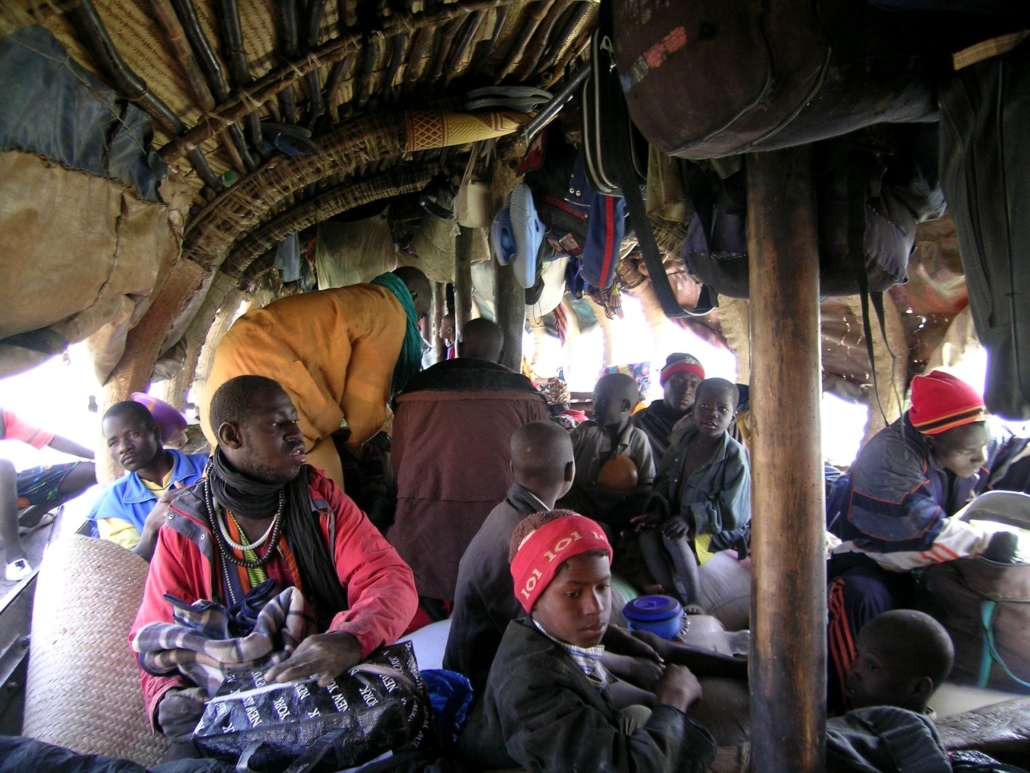Timidria’s Fight Against Human Trafficking in Niger

Niger has experienced slave-based exploitation due to the border crossing between it and Libya, a key launching point for human traffickers. However, the Nigerien borders are not the root issues. A Nigerien anti-slavery organization, Timidria, found that various Niger officials, who the country chose to combat human trafficking in Niger, may have slaves in their own households.
Overview
Ilguilas Weila, a Niger native, founded Timidria in 1991. Together with Anti-Slavery International, Timidria has been standing at the forefront seeking to protect more than 40,000 lost, unidentified and identified victims of inherited slavery and trafficking. This is its printed testimony:
“It clearly emerged from this review that the failure of slavery prosecutions had less to do with litigation itself than to external elements, particularly the influence of traditional chiefs and social hierarchies on judges’ decisions and disputations between customary and statutory law.”
This is a credible statement depicting the Nigerien government’s failure to identify, prosecute and convict traffickers, as it has failed to identify the ones among them.
Timidrias’ Success
In 2003, the anti-slavery organization gained much praise for its contributions to the Nigerien Anti-Slavery enacted Law 2003-25. Timidria also promoted efforts to fund a governmental 2019 Child Protection Committee in each commune in order to eliminate the worst forms of child labor. In 2019, Niger’s supreme court ruling also declared wahaya, the traditional practice of selling and trading young girls as fifth wives, an illegal act in 2019. Unfortunately, the news is yet to reach the majority of Nigerien citizens, a concern that left many victims trembling. Critics report that the government has made no efforts to identify and prosecute families who practice such practices.
What Makes Niger Vulnerable to Human Trafficking?
Niger underwent conflicts relating to the criminalization of traditional slavery that wealthy Tuaregs most invoke, some of whom serve in government seats. This includes Prime Minister Rafini who shares a Tuareg descent although no indication claims that he practices slave-ownership. The Tuareg tribe participates in various traditional and slave-based practices against children. A known practice is wahaya where little girls become trafficking victims by ending up in marriages as fifth wives or slavery. Meanwhile, talibés are young boys who traffickers place in slavery and extreme labor such as mining and cattle herding. Despite the 2003 slavery abolition, Timidria adduced that “children in {descent-based} slavery are considered to be the property of their master and face a lifetime of forced, unpaid labour and abuse.” Out of the thousand Wahaya crimes that underwent identification over the years, Timidria is only aware of one single conviction.
Government’s Role in Human Trafficking in Niger
The anti-slavery organization stated that “the implementation of the law criminalizing slavery has been inadequate and prosecutions for slavery are rare. Government alliances with the religious and political elites among the Tuareg tribes (traditionally slave-owning) is the root cause of Niger’s vulnerability.” The current President of Niger, Mahamadou Issoufou, and current Prime Minister, Brigi Rafini have both been in office since April 2011, serving 10 years as lawmakers. The 2020 Human Development Index ranked Niger at the bottom of the list caused by Niger’s late criminalization of slavery.
Similarly, reporters have described events involving seeing “women displaying the heavy brass anklets they had been forced to wear to prevent them from escaping.” Oftentimes, these women’s knowledge of laws and rights is limited in their areas, especially with no education or help in sight.
The Niger government has strained the workload of Timidria by the failure to identify government officials’ role in slavery-ownership. Despite this, Timidria is present all throughout Niger. It has over 680 offices in villages and camps, 182 offices in rural and urban communities and a growing legal team among its 300,000 members and supporters. This makes it crucially important for the organizations, with or without government assistance, to raise awareness of slavery that lingers underneath the heavy stigma of oppression.
– Ayesha Swaray
Photo: Flickr
